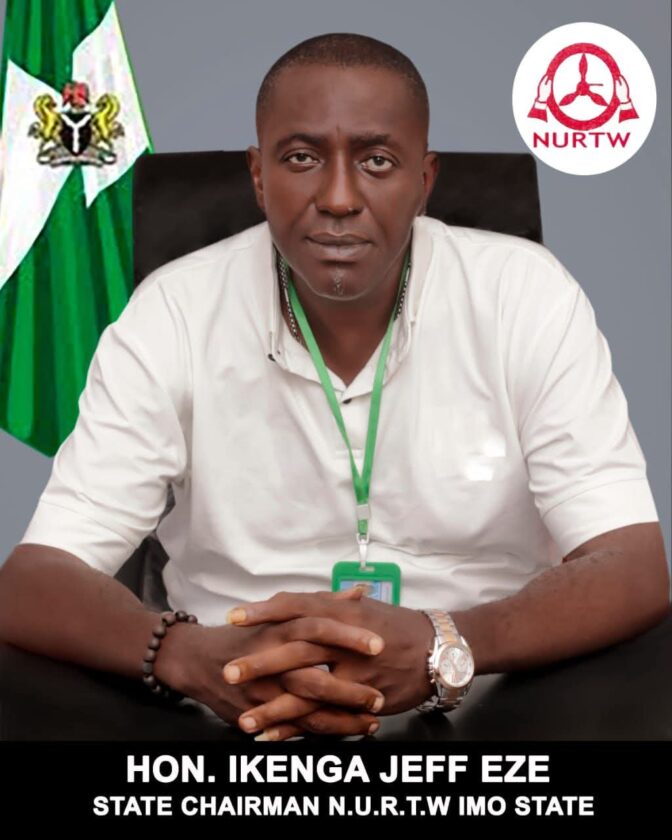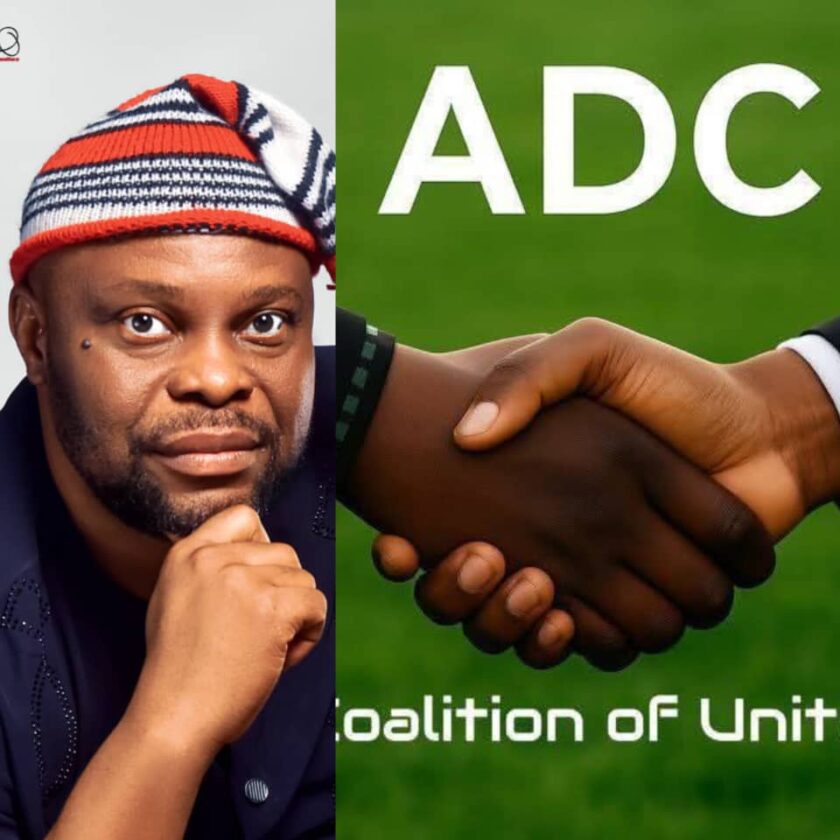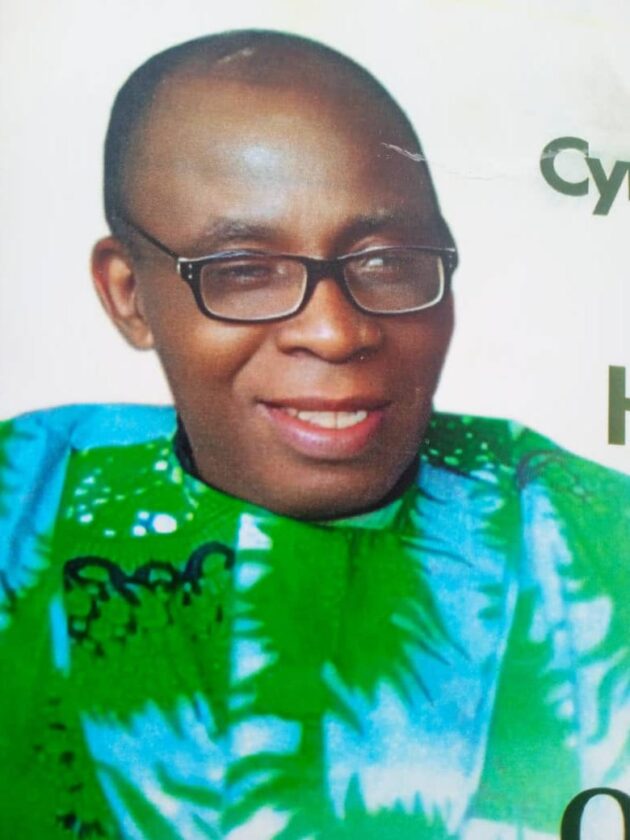
These days it is rare for one to tune any of the news channels or scroll the social media and escape the ugly cacophony of voices emanating from eminent patriots bemoaning Nigeria’s dangerous slide into a one party state.
Newspaper subscription bundles
One is compelled to share in their apprehension, because all indications point towards that direction. For it is impossible to ignore the recent resounding outrage by people like Bauchi State Governor and Chairman, People’s Democratic Party (PDP) Governors Forum, Bala Mohammed; a political scientist, scholar and theorist, Prof. Adele Jinadu and a social critic, Emeka Okoro.
Methinks their apprehension is genuine because we had experienced a near one party state in the 2000s, an unintended outcome of the first phase of the much cherished Fourth Republic. In that era (1999-2007), Chief Olusegun Obasanjo, as president, nearly subverted our fledgling democracy. He embarked on moves antithetical to liberal democracy and multi-party system, which is democracy at its zenith, especially when it is spiced with two dominant political parties, where at each electoral cycle, electorates have the inalienable right to vote without encumbrance.
Accordingly, we start first by delving into why a Buhari incarnate is imperative at this point in time, and how Buhari halted one party state when it was stoked in the 2000s. This brief exploratory journey will reassure us that a Buhari incarnate will definitely halt one party state on or post 2027 general election.
It is pertinent one recounts how Buhari’s entry into partisan politics in 2002 pulled Nigeria out of the dangerous slide into the illiberal autocracy cul-de-sac. The mission commenced when Buhari sauntered into partisan politics in 2002 and set up The Buhari Organisation (TBO). His entry generated wild jubilation and some eminent politicians like the late Rt. Hon. Chuba Okadigbo of blessed memory celebrated it hilariously.
Newspaper subscription bundles
One remembers asking Okadigbo why such a jubilation and he predicted that Buhari would one day win the Presidency and that even if he did not win he would halt the dangerous slide of Nigeria into a one party state. At the fullness of time his prediction was absolutely correct .
The celebration by Okadigbo and his ilk was reinforced by the fact that Buhari enlisted in the defunct All Peoples Party (APP), the then main opposition party not the comfort zone of the ruling party, and also because of his stoic integrity quotient and strength of character.
Newspaper subscription bundles
Okadigbo reasoned that no amount of carrot and stick would sway him to the then president Obasanjo’s grand plan to railroad Nigeria into one party state. The phobia for Obasanjo’s design was based not only on the fact that he had earlier, in print, canvassed his preference for one party state. So, pundits were quick to emphasise how prior to the 2003 general election Obasanjo capriciously maneuvered and wooed the defunct Alliance for Democracy (AD) governors to support his second term bid, with a pledge to reciprocate. But Obasanjo breached his pledge to the governors. This led to the defeat of all the AD governors of the South West in the 2003 general election, except the cat with nine lives – President Bola Tinubu – then governor of Lagos State.
As the saying goes, the sequel is usually worse. With this Machiavellian plot, by 2004, Obasanjo’s party had emerged as the dominant political force controlling the Presidency, a majority in the National Assembly, and most state governments.
Newspaper subscription bundles
The other anti-democratic tendencies were forceful serial changes of PDP chairmen and senate presidents. Indeed, pundits blamed Obasanjo’s authoritarian antics for Okadigbo’s impeachment as Senate President.
The one party plot emphatically manifested when the then national secretary of his party, Chief Vincent Ogbulafor, openly declared that PDP would rule uninterrupted for 60 years, a prelude to railroading Nigeria into a de facto one party state.
Newspaper subscription bundles
It was at this crucial juncture that Buhari emerged as a Daniel come to judgment and the face of opposition politics, who frowned at the infamous plot of the PDP to rule Nigeria for 60 years.
Related News
Bala Mohammed lauds Delta PDP loyalists amid defections
APC foundation members woo Gov Mbah to party
After Buhari: Posers on APC, new coalition and 2027 Nigeria – Part 2
Newspaper subscription bundles
Buhari stood firm and mobilised extensively, as proof that a credible opposition could exist. His defiance emboldened other parties and activists to resist what they perceived as Obasanjo’s attempt to railroad Nigeria into a one party state.
To cap the figure face of the opposition, Buhari not only contested the 2003 presidential election under the All Nigeria Peoples Party (ANPP), but also polled unprecedented 12 million votes, the offshoot of the famed Buhari’s 12 million vote bank, garnered in four elections within a decade plus (2003, 2011, 2015 and 2019). Though he lost the first attempt, he showed his stern resolve by rejecting the results, became the rallying point and headed to the Presidential Election Tribunal with a team of lawyers led by Chief Mike Ahamba (SAN).
Coincidentally, the Presidential Election Tribunal 2004 was led by the President of the Appeal Court, Justice Umaru Abdullahi, his classmate.
The tribunal, at the end of a gruesome and torturous 18 months, ruled against him. Ironically, the minority judgment he got came from an unexpected quarter – Justice Slyvester Nsofor, an Igbo, who hinged his judgment on the crass negligence of the Independent National Electoral Commission (INEC) to adhere to the Electoral Act, which provided that Serial Numbers shall be used as inscribed in the ballot papers .
Newspaper subscription bundles
Buhari’s 18 months extensive legal battle in pursuit of justice became the milestone, exposed deep flaws in Nigeria’s electoral process and kept the issue of multi-party system in the front burner of national conversation.
In his primed effort to halt one party state, Buhari embarked on post-election tours and public engagements. These dramatic events galvanised opposition supporters, particularly in the North, solidifying his cult followership and creating a solid counterweight to PDP’s dominance.
Newspaper subscription bundles
Naturally, his large following internationalised the struggle and drew global attention to Nigeria’s democratic deficits. In essence, Buhari’s role in 2004 was not merely a photo-up about contesting an election. It was about safeguarding Nigeria’s multi-party system at a critical juncture as he made sure that he contested presidential elections in 2003, 2007, 2011 and eventually won in the fourth attempt in 2015. This uncommon electoral victory was courtesy of the historic merger of opposition parties – Action Congress of Nigeria (ACN), ANPP, Congress for Progressive Change (CPC), and factions of the All Progressives Grand Alliance (APGA) and Democratic People’s Party (DPP) into the All Progressives Congress (APC) in February 2013.
It is with nostalgia that one remembers how Buhari rose to his feet when news filtered out that Obasanjo was allegedly plotting for a third term in 2006. Buhari’s steadfast opposition and strategic meetings with National Assembly members ensured that the National Assembly did not allow the third term plot to stand.
Newspaper subscription bundles
He reinforced and made Ken Nnamani and Aminu Bello Masari, then Senate President and Speaker of the House of Representatives respectively, to appreciate the support of the greatest number of Nigerians. This was the death knell of one party state plot in spite of an alleged N50 million handout to each member of the National Assembly.
This cursory analysis shows how Buhari utilised his arsenal and halted the institutionalisation of one party state – the most dramatic and momentous episode in the annals of Nigerian democracy.
Newspaper subscription bundles
Consequently, the story of Nigerian democracy in the early 2000s cannot be told without acknowledging the critical role Muhammadu Buhari played in keeping her multi-party system alive.
From the above analysis, nobody in his right senses will outright blame those who continually hold the firm belief and insist that one party state is hovering in our horizon. Truly as aforementioned, their fears are founded on the premise that it is becoming difficult by the day to locate the kind of Buhari’s personae.
For clarity purposes and without partisan or ethno-religious colouration, it is imperative for the multitude of eminent opposition personalities to as a matter of urgent national importance fish out among its ranks a Buhari incarnate.
*Okechukwu, a foundation member of the APC, wrote from Abuja.
Newspaper subscription bundles




